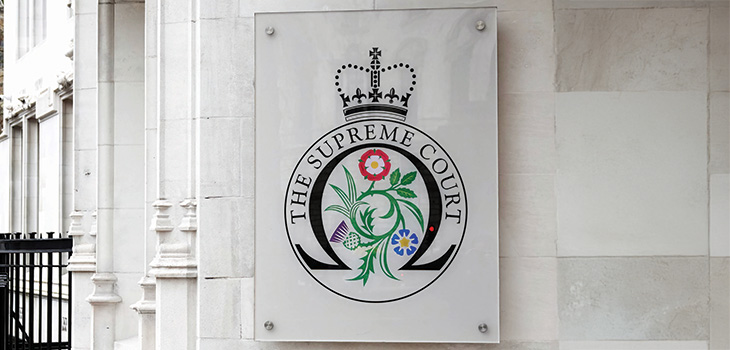
- The Supreme Court judgment in Johnson v FirstRand Bank Ltd and other cases confirmed that the existence of a fiduciary duty is a necessary condition of liability for civil bribery.
- The court found that car dealers assuming the position of intermediaries or brokers between customers and lenders for car finance did not take on fiduciary roles.
- This article also considers the Supreme Court decision in Recovery Partners GP Ltd and another v Rukhadze and others, which also involved consideration of issues relating to fiduciary duties and their breach.
The combined motor finance cases now determined by the Supreme Court in Johnson v FirstRand Bank Ltd and other cases [2025] UKSC 33 (also known as Hopcraft v Close Brothers Ltd) have attracted significant interest in the civil fraud world because of the guidance provided in respect of the law of bribery









